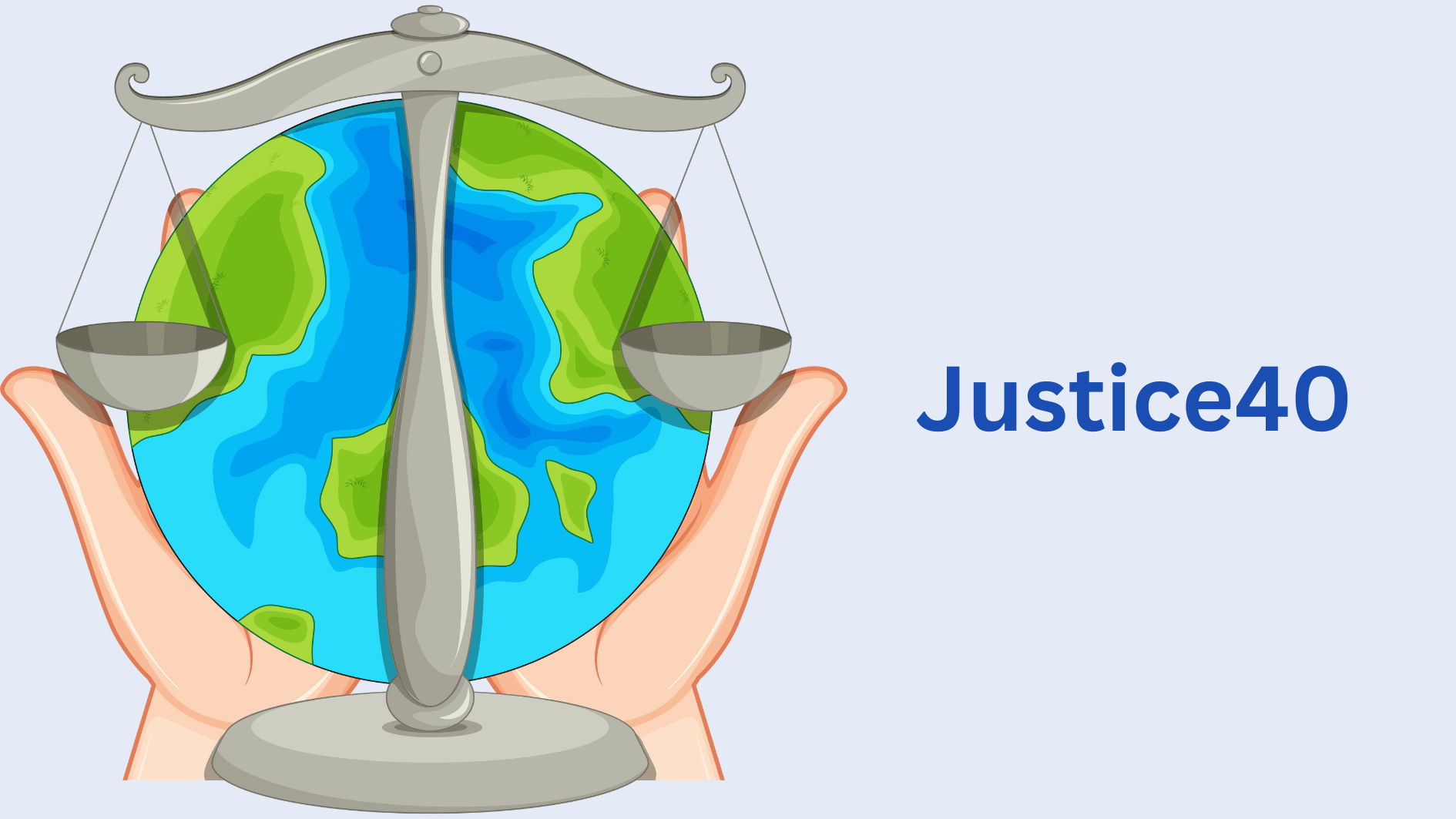Categories: Solar for Underserved Segments
Addressing Disparities in Solar Adoption Among Racial and Ethnic Minorities
As the renewable energy sector continues to grow, addressing racial and ethnic disparities in solar adoption is essential for fostering an inclusive and just energy transition.
Integrating Environmental Justice into the National Environmental Policy Act (NEPA)
Through meaningful public engagement, data transparency, and targeted policy actions, NEPA is evolving to ensure that no community disproportionately bears the burden of environmental harm.
Understanding Energy Communities and Their Benefits Under the IRA
The IRA’s focus on energy communities represents a commitment to ensuring that the shift to renewable energy includes and uplifts those who have historically relied on fossil fuels.
Environmental Justice Communities: Defining, Challenges, and Pathways to Equity
Environmental justice isn’t just an issue for the communities directly affected; it’s a matter of public health, economic equity, and human rights.
Justice40: Advancing Environmental and Economic Equity in Disadvantaged Communities
The Justice40 Initiative represents an important step toward environmental justice and social equity in the U.S.
Advancing Environmental Justice: A Closer Look at the EPA’s Equity Action Plan
The EPA’s Equity Action Plan represents a pivotal move toward embedding equity into environmental policy, prioritizing the health, safety, and well-being of those historically burdened by environmental injustices.
Bridging the Gap: Overcoming Challenges in California’s Low-Income Weatherization Program for Farmworkers
LIWP is managed by the California Department of Community Services and Development (CSD), with a primary goal to reduce greenhouse gas emissions while enhancing the energy efficiency of low-income households.
Understanding Disadvantaged Communities and Their Role in Clean Energy Transition
With continued investment, collaboration, and innovation, a future where clean energy benefits reach all communities is within reach.
What Are Disadvantaged Communities? A Closer Look at Farmworkers and Other At-Risk Groups
Disadvantaged communities are often shaped by a combination of economic hardship, environmental challenges, and limited access to services.
Big Solar Moves in NY: Hochul Unveils Statewide Solar for All Program
This move is expected to boost the solar industry in New York and expand access to community solar for even more households.
Need help choosing a solution for you?
Just create an application, and we’ll help with the selection.











